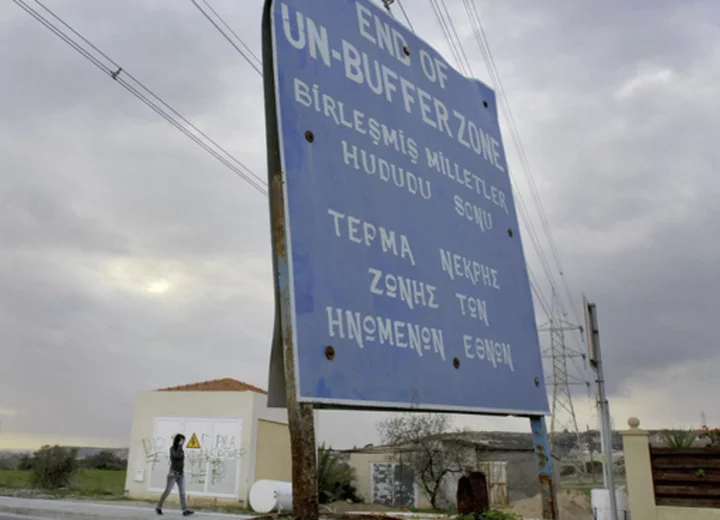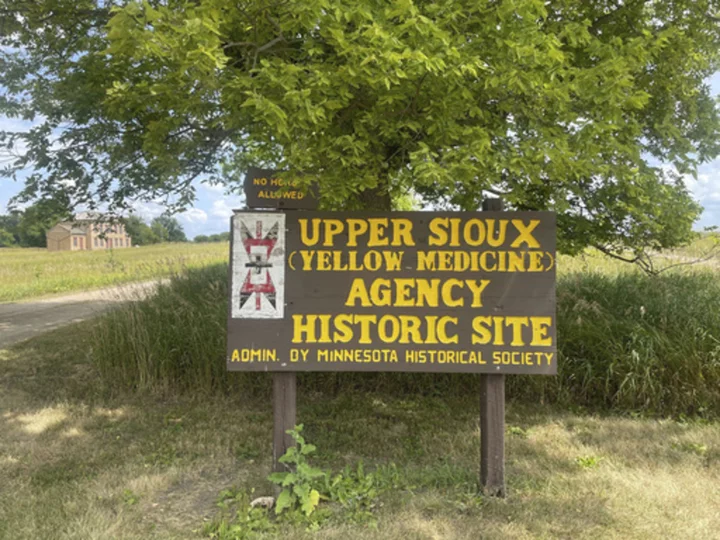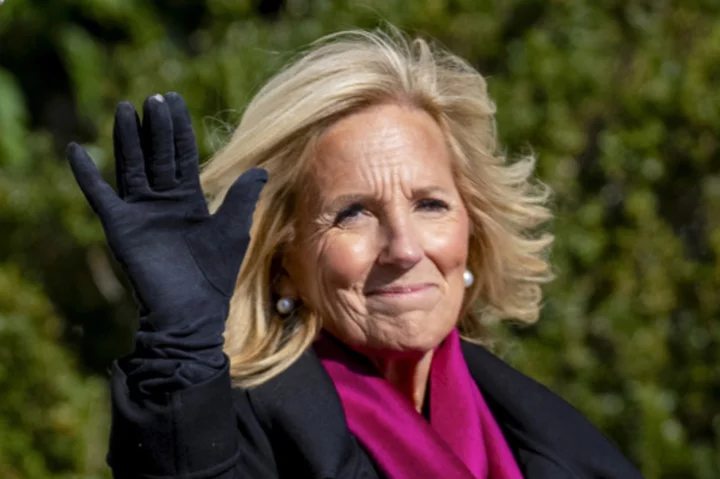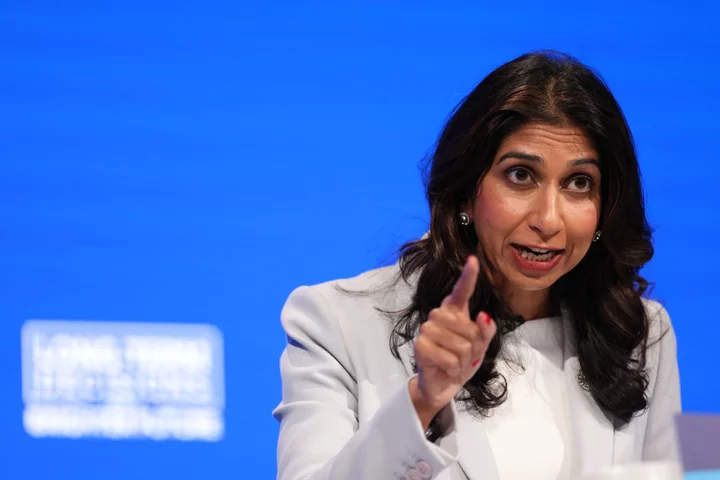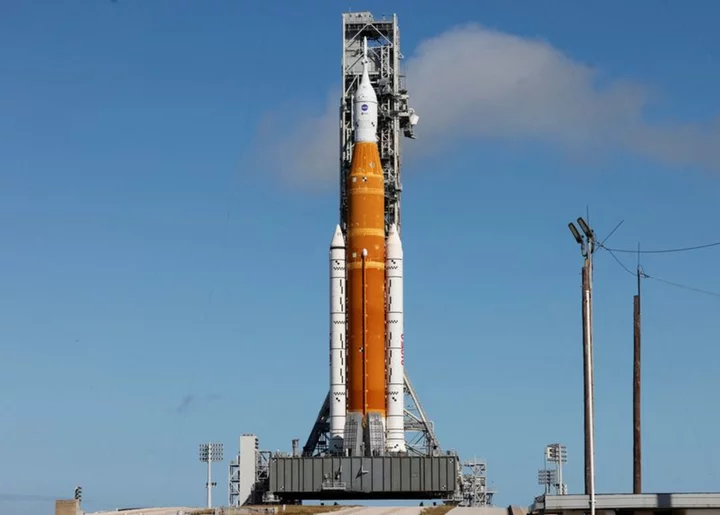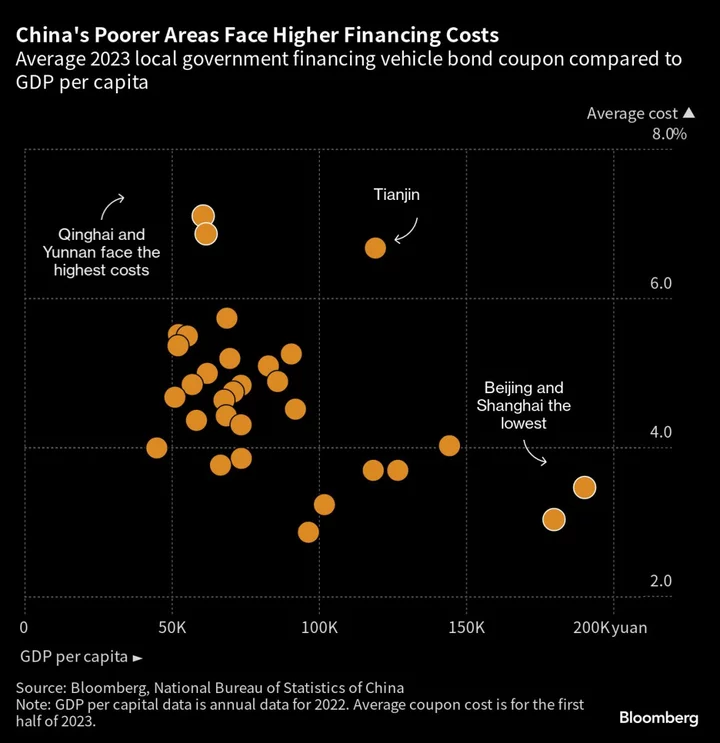UNITED NATIONS (AP) — The U.N. Security Council on Monday called unauthorized construction by Turkish Cypriots inside the U.N. buffer zone dividing Cyrus a violation of the status quo that is contrary to council resolutions and it condemned their assault on U.N. peacekeepers.
The council statement was issued after emergency closed consultations by its 15 members. It followed criticism of the U.N. peacekeepers for blocking construction earlier Monday by Turkish President Recep Tayyip Erdogan.
Speaking after a Cabinet meeting in Turkey’s capital, Ankara, Erdogan called the U.N. action “unacceptable” and accused the peacekeeping force of bias against Turkish Cypriots. He said Turkey would not allow any “unlawful” behavior toward ethnic Turks on Cyprus.
Cyprus was divided into a breakaway Turkish Cypriot north and an internationally recognized Greek Cypriot south in 1974 following a Turkish invasion that was triggered by a coup aimed at uniting the island with Greece. Turkey maintains more than 35,000 soldiers in the Mediterranean nation ’s northern third. The Greek Cypriot south is a member of the European Union.
Since 1974, a U.N. peacekeeping force known as UNFICYP has supervised the de facto cease-fire and maintained a buffer zone between Turkish and Turkish Cypriot forces in the north and Greek Cypriot forces in the south.
Angry Turkish Cypriots last week punched and kicked a group of international peacekeepers that blocked crews working on a road that would encroach on the island's U.N.-controlled buffer zone. The road is designed to connect the village of Arsos, in the Turkish Cypriot north, with the multi-ethnic village of Pyla, which is inside the buffer zone and abuts the Greek Cypriot south.
The Security Council welcomed the halt in construction by the Turkish Cypriot side and the removal of equipment and personnel. It called on both sides to show flexibility and support efforts by the U.N. envoy “to negotiate mutually agreed development in the area concerned.”
Council members “underscored the need to avoid any further unilateral or escalatory actions by either party that could raise tensions on the island and harm prospects for a settlement,” the statement said.
But Erdogan said: “Preventing the Turkish Cypriots living in Pyla from reaching their own land is neither legal nor humane.”
“The peacekeeping force has overshadowed its impartiality with both the physical intervention against the villagers and the unfortunate statements it made after the intervention and has damaged its reputation on this island,” he said.
The road would give Turkish Cypriots direct access to Pyla by circumventing a checkpoint on the northern fringe of a British military base, one of two bases that the U.K. retained after Cyprus gained independence from British colonial rule in 1960.
Greek Cypriots perceive the road's construction as a move with a military purpose at a sensitive spot along the buffer zone, which spans 180 kilometers (112 miles).
Turkey has described the road as a “humanitarian” project for the Greek Cypriot and Turkish Cypriot residents of Pyla.
“What is expected of the United Nations peacekeeping force is that it does justice to its name and contributes to finding a solution to the humanitarian needs of all sides on the island,” Erdogan said. “We will not consent to fait accompli and unlawfulness on the island.”
U.N. Secretary-General Antonio Guterres earlier condemned the assault on the peacekeepers and said that “threats to the safety of U.N. peacekeepers and damage to U.N. property are unacceptable and may constitute serious crimes under international law."
The European Union and the embassies of the U.K. and France also criticized the attack.
Maintaining the status quo of the buffer zone is enshrined in the U.N. mission’s mandate since 1974, when Turkey invaded. Only Turkey recognizes a Turkish Cypriot declaration of independence.
The U.N. says both sides have repeatedly infringed on the buffer zone over the years. The dispute over the road is likely to hamper the Cypriot government’s efforts to restart negotiations to resolve the island’s division.

